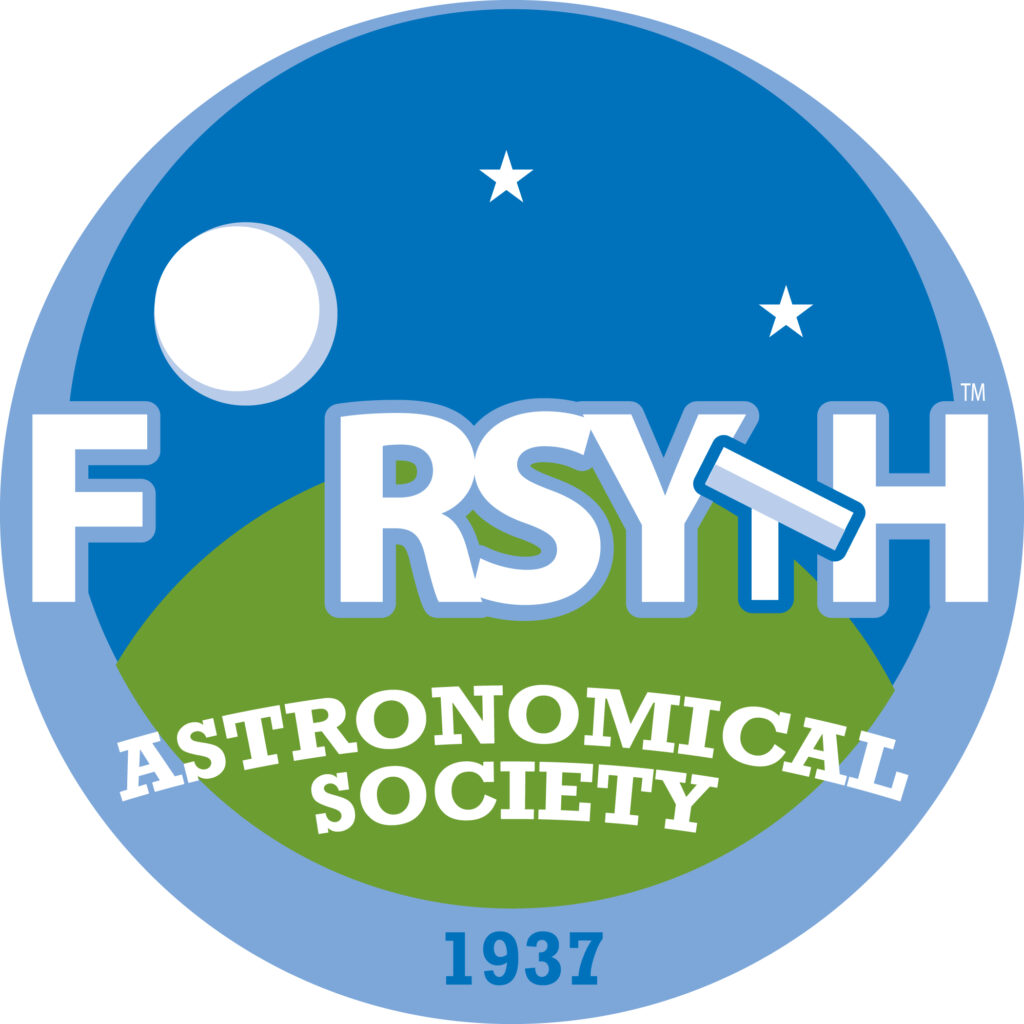A free public lecture will be held at 7:30 p.m. on Friday, 4 October at the Koury Auditorium at GTCC’s Jamestown campus.
Please note that the location for this talk is NOT the same auditorium as was used for TriStar. Koury is Building 19 on the campus map at http://www.gtcc.edu/media/10954/jamestowncampusmap.pdf. TriStar was in Building 25.
GTCC Fall Astronomy Day Public Lecture
Friday, 4 October 2013
Small Stars in a Large Context: All Things White Dwarf
Don Winget, University of Texas-Austin
Astronomy, in contrast with other sciences, has traditionally been considered an observational science; it has not been possible to perform experiments on the objects we observe. This situation has changed in a way that is transformational. Although laboratory astrophysics has long been an important part of astronomical research, what has changed is the ability to produce large enough chunks of a star that we can make measurements and perform experiments on it. We are now able to make macroscopic quantities of star-stuff in the lab: plasmas created under conditions that are the same as the plasmas in stars; we can now examine, on Earth, matter under more cosmically “normal” conditions.
The presentation will describe how this came about, the technology behind it, recent results, and the potential impact of our recent laboratory experiments done at Sandia National Laboratories on Z, the most powerful x-ray source on Earth.
We will close with a summary of recent discoveries at the telescope that extend the scope of this work and outline how all this will change our understanding of the white dwarf stars and, through them, what we know about the content and evolution of the cosmos.
Don Winget received a bachelor’s degree in physics from the University of Illinois, and his masters (physics) and doctorate (physics & astronomy) from the University of Rochester.
Today, he studies white dwarf stars, using them to study the physics of matter at high temperatures and densities, the structure and evolution of galaxies and their stars, and even to search for planets. Recently, he has begun a project making macroscopic chunks of star stuff, reproducing the conditions at the surfaces of white dwarf stars, in the laboratory on the Z-machine at Sandia National Laboratories.
Don has won many awards for his teaching at Texas, including the 2013 Regents’ Outstanding Teaching Award, as well as several prizes for his scientific work. He is a member of the University of Texas Academy of Distinguished Teachers.
The lecture is at 7:30 PM in the auditorium of the Koury Hospitality Careers Center on GTCC’s Jamestown campus.
For information about this event and GTCC’s Cline Observatory, visit www.gtcc.edu/observatory .


